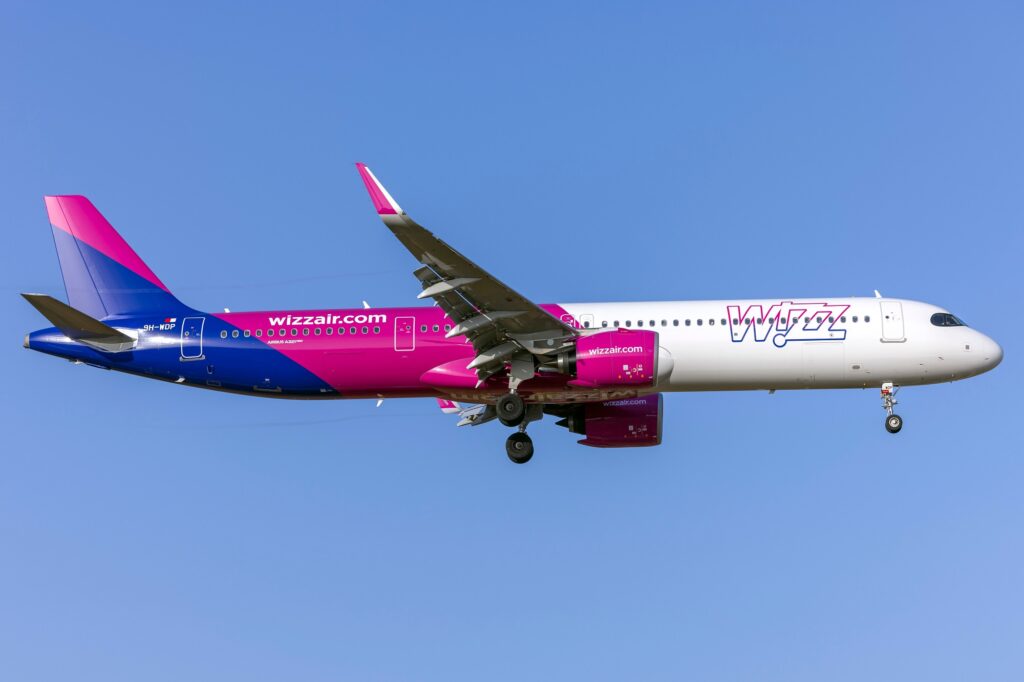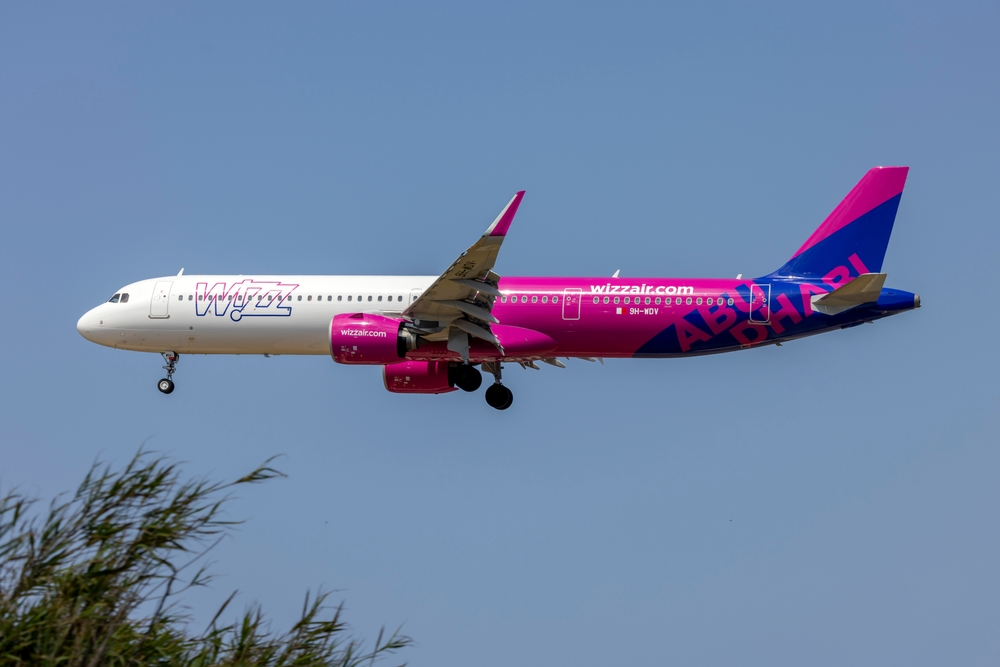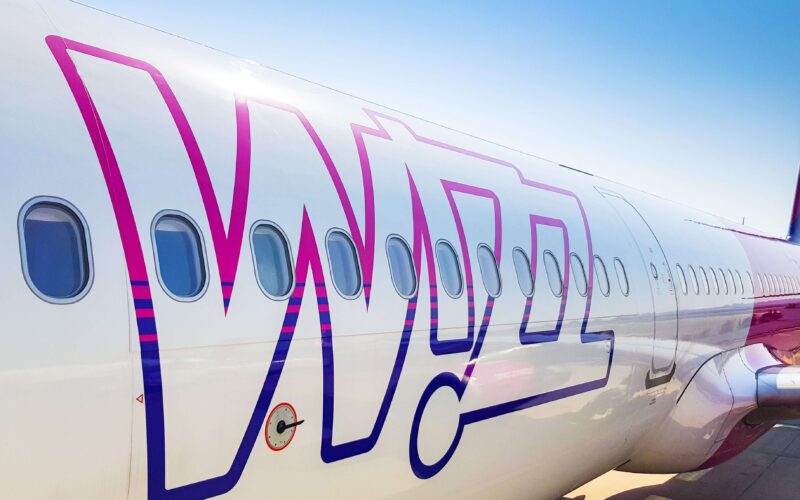Wizz Air has announced higher-than-expected losses for the third quarter (Q3) of 2023 as the airline continues to struggle with ongoing engine inspection issues alongside the suspension of flights due to the ongoing conflict in the Middle East. The problems involving the engines on its Airbus fleet have seen the carrier forced to ground numerous aircraft over the past year.
Despite the losses, however, the low-cost carrier experienced significant growth in 2023, with a 20% increase in capacity compared to the previous year and a 50% rise from 2020, making it one of the fastest-growing airlines globally. It has also maintained its fiscal 2024 net income expectations after a positive start to its Q4 accounting period which ends in March 2024.
While in general, European airline groups such as Ryanair, easyJet, and others have continued to report strong results on the back of soaring demand for travel, the immediate outlook for the industry remains uncertain on account of geopolitical instability, rising fuel costs, and ongoing economic uncertainties.

The EUR180 million ($196 million) operating loss reported by Wizz Air for Q3, 2023/4 (which ended on December 31, 2023) was larger than the loss of EUR155 million ($169 million) seen in Q3 2022. Analysts had been forecasting a loss of EUR93 million ($101 million) for the airline in Q3 2023.
“While financial performance in the last quarter was materially affected by the suspension and reallocation of Israel capacity, we maintain our expectations for 2024 net income,” Chief Executive Jozsef Varadi said in a statement. “We have done a good job mitigating ongoing external risks. We have two wars in our territories and significant exposure on the engines,” he said.
Regarding resuming flights to Israel, Varadi said “We understand the situation is much better than what it was a few months ago. Everything that we do is subject to the development of security circumstances in the Middle East, but we see demand coming back.”
Wizz Air has also been one of the main airlines hit by issues with RTX engines and has previously warned that it would be forced to ground aircraft and face a reduction in overall capacity as a result.
During the Q3 period, there were no changes in the numbers of aircraft expected to be grounded over the engine inspections, with 40 planes set to be grounded by the end of the 2023-24 financial year and with capacity set to remain flat into the 2024-25 financial year.
Looking ahead
Seemingly unfazed by the increase in Q3 losses, Wizz Air has said it will increase its global fleet by 35 aircraft in 2024 to meet the rising demand for air travel. The company expects to receive over 300 new aircraft in the next six years, with a goal of surpassing 500 planes by 2030.
Varadi has previously said that a significant proportion of this new fleet will be based in the Middle East, specifically in the UAE with Wizz Air’s subsidiary Wizz Air Abu Dhabi. The carrier currently has 12 aircraft based in Abu Dhabi (AUH) with plans to expand to 50 in the next four to five years. In 2023, Wizz Air Abu Dhabi transported over three million passengers, with expectations that this figure will reach ten million in the next five years.

Varadi has previously stated that the performance of the UAE market was very strong for Wizz Air Abu Dhabi, noting that the growth in demand for aviation is directly related to business and economic growth. He pointed out that the significant growth in demand in the UAE led to doubling Wizz Air’s business in 2023, with expectations for further growth again in 2024.

